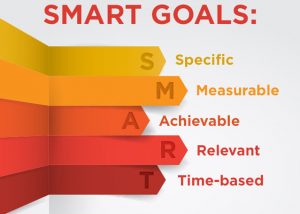Distractions and procrastination happen to everyone. A text message, email or phone call can derail a study session just as easily as checking the latest sports scores can when you’re trying to study.
And distractions can be a child crying, having to prepare food or even walk the dog that won’t stop whining.
When trying to manage your time, it’s important to know how to deal with any and all distractions that occur. Five key methods for overcoming distractions when studying are:
1. Set Goals
You want to set goals for each study session. Realistic goals should be set that can be accomplished, and don’t include reading 20 chapters in one sitting. Set goals, such as:
- Read chapter 1
- Revise notes
- Make coffee
If you know you’ll have to do something, plan it into your schedule and goals to make it more fluid.

2. Minimize Interruptions
Life happens, and the best you can do is try to minimize interruptions. This can be done in a variety of ways:
- Study when the kids are asleep
- Put your phone on vibrate
- Shut off your email
- Disconnect
If you just have one hour of no interruptions, you’ll be shocked by how much you’ll be able to achieve.
3. Keep the Workload Realistic
If you need to pass a course, the last thing you want to do is take on a workload that is unrealistic. This means keeping classes to a minimum and not taking on too many personal responsibilities, too.
If someone asks you to babysit and you know you won’t be able to study as a result, politely decline.
Workloads that are too daunting lead to procrastination, which ultimately reduce productivity, waste time and result in poor quality.
4. Try to Avoid Perfection
It’s easy to let perfection get in the way of your ultimate goal. People that have a tendency to redo a project 20 times will find that they’re not making the best use of their time. You’re not painting the Sistine chapel, so put in the effort, but don’t let your perfectionist personality add stress and wasted hours to your life.
5. Make Short-term Deadlines with Rewards
Short-term deadlines allow you to take a micromanagement approach to your learning. With short-term deadlines, you’ll be able to quickly tackle any course and assignment with satisfaction of reaching your goals along the way.
Another trick is to reward yourself, too.
Life isn’t all about your assignments, so after a big midterm, treat yourself to a night out with friends at the pub. Sometimes, you need a few hours to unwind and enjoy life, too.

